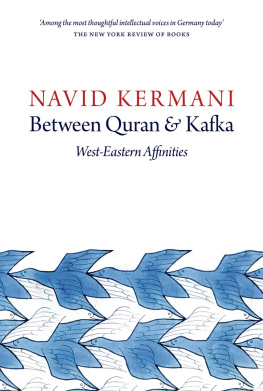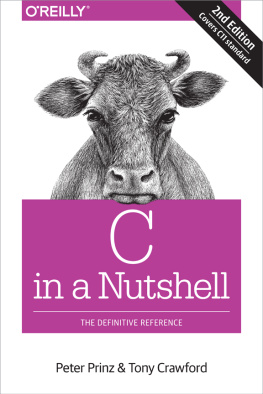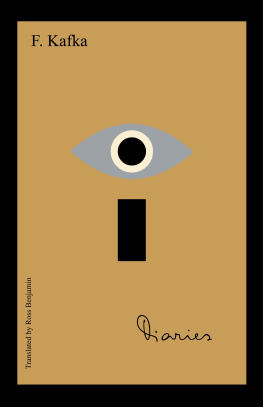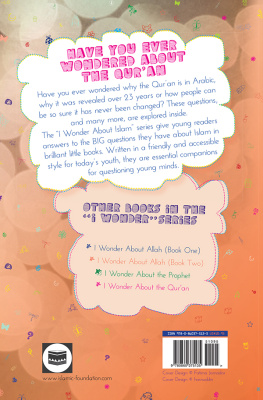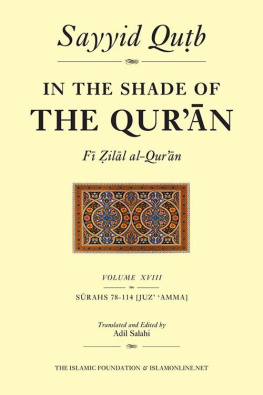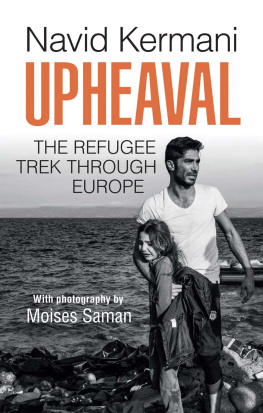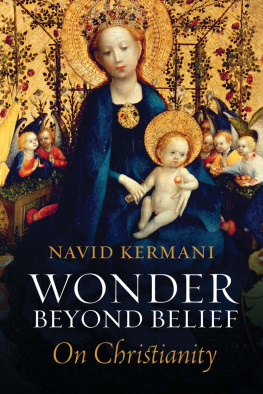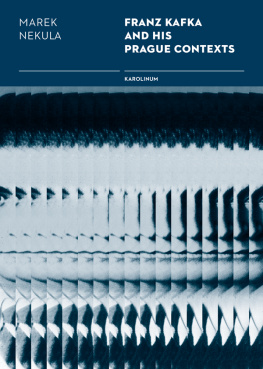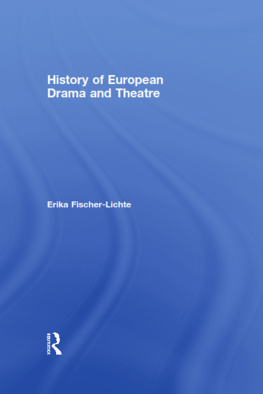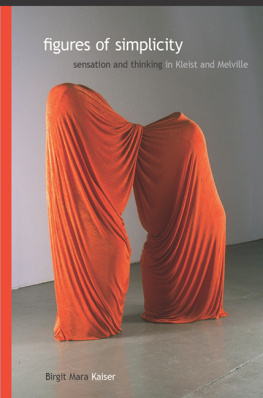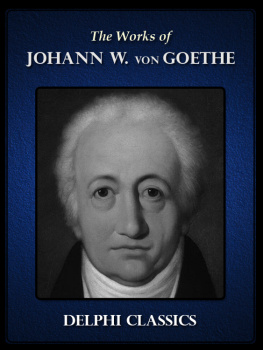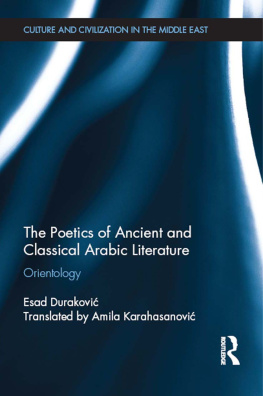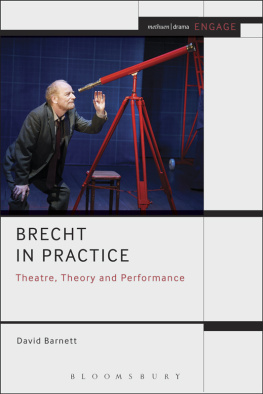Contents
Guide
Pages

BETWEEN QURAN AND KAFKA
WestEastern Affinities
NAVID KERMANI
TRANSLATED BY TONY CRAWFORD
polity
First published in German as Zwischen Koran und Kafka: West-stliche Erkundungen Verlag C. H. Beck oHG, Munich, 2014
This English edition Polity Press, 2016
The translation of this work was supported by a grant from the Goethe-Institut which is funded by the German Ministry of Foreign Affairs.

Polity Press
65 Bridge Street
Cambridge CB2 1UR, UK
Polity Press
350 Main Street
Malden, MA 02148, USA
All rights reserved. Except for the quotation of short passages for the purpose of criticism and review, no part of this publication may be reproduced, stored in a retrieval system, or transmitted, in any form or by any means, electronic, mechanical, photocopying, recording or otherwise, without the prior permission of the publisher.
ISBN-13: 978-1-5095-0037-6
A catalogue record for this book is available from the British Library.
Library of Congress Cataloging-in-Publication Data
Names: Kermani, Navid, 1967- author.
Title: Between Quran and Kafka : west-eastern affinities / Navid Kermani. Other titles: Zwischen Koran und Kafka. English
Description: Malden, MA : Polity Press, 2016. | Includes bibliographical references and index. | Translated from German.
Identifiers: LCCN 2016004650 (print) | LCCN 2016008548 (ebook) | ISBN 9781509500338 (hardcover : alk. paper) | ISBN 1509500332 (hardcover : alk. paper) | ISBN 9781509500345 (pbk. : alk. paper) | ISBN 1509500340 (pbk. : alk. paper) | ISBN 9781509500369 (mobi) | ISBN 9781509500376 (epub)
Subjects: LCSH: German literature--History and criticism. | Religion and literature. | East and West.
Classification: LCC PT147 .K4713 2016 (print) | LCC PT147 (ebook) | DDC 830.9--dc23
LC record available at http://lccn.loc.gov/2016004650
The publisher has used its best endeavours to ensure that the URLs for external websites referred to in this book are correct and active at the time of going to press. However, the publisher has no responsibility for the websites and can make no guarantee that a site will remain live or that the content is or will remain appropriate.
Every effort has been made to trace all copyright holders, but if any have been inadvertently overlooked the publisher will be pleased to include any necessary credits in any subsequent reprint or edition.
Adonis, The Dead God from Mihyar of Damascus: His Songs, translated by Adnan Haydar and Michael Beard. Translation copyright 2008 by Adnan Haydar and Michael Beard. Reprinted with the permission of The Permissions Company, Inc., on behalf of BOA Editions, Ltd.,www.boaeditions.org.
Text excerpts from pp. 48-49, 59, 118, 128, 142, 145-6 [37 I.] from Penthesilea by Heinrich von Kleist, translated with an introduction by Joel Agee. Translation and introduction copyright 1998 by Joel Agee. Pictures copyright 1998 by Maurice Sendak. Reprinted by permission of HarperCollins Publishers.
For further information on Polity, visit our website: politybooks.com
PREFACE
A Personal Note
After the speech I gave in the German parliament, which is appended at the end of this book, a friend of mine e-mailed me to say I had combined a poetic political correctness with the pathos of the socialist prophets in a tone, she wrote, that no one but I am capable of today the same tone that the Jewish cosmopolitans of the nineteenth century had used in speaking of Lessing, Heine and the social idea of the prophets. Of course they can no longer speak today (and, if they could, they would not be allowed to do so), my friend added, closing with the impassioned remark that I was I will quote her again, although it will seem vain to do so in my own preface the most prodigious representative of the nineteenth-century Jewish cosmopolitans. That is a mighty lineage youre putting me in, I replied to my friend, but to take up the idea you raise of representation of advocacy, there is probably something to it after all: what needs to be done in Germany is to fill, to the extent possible, with our limited means, experience and words, the space that became so vacant in the twentieth century.
Since then, I have been mulling over our brief correspondence. Not that I would claim title to the inspiration, much less the superlative, that my friend had bestowed on me she is not only a good friend but also, by her whole nature, an extraordinarily enthusiastic one, invariably exuberant in her sympathy, reliably overstated in her praise. But wasnt my answer, hastily written and promptly sent, presumptuous? I affirmed the relation in which I had placed us but who was I thinking of besides myself? to the Jewish thinkers and writers of the nineteenth and early twentieth centuries, in the sense that I felt not an identity, a relationship, or even an equality with them, but a legacy, with the authority and the responsibility that arise from it.
Even before receiving my friends e-mail, I had noticed a pathos creeping into my texts at times, and even more into my public speeches, which not everyone immediately felt to be false; at times I had also noticed my audiences surprise when, without much hesitation, I connected academic or current political issues with fundamental human experiences and needs, with humanness itself, and even with the superhuman. I couldnt describe it more precisely if I wanted to; it is little more than a vague feeling that, if I were the reader and listener, I might not let another author or speaker get away so easily with what I sometimes permit myself, and what I ought to continue to permit myself, since it constitutes for good or ill the essence of what I have to say. That pathos is all the more remarkable since, in day-to-day life and in encounters with other people even the people I love I often find myself all too sober, unemotional; I seldom mention in private the primal needs and experiences that I speak of in public too seldom, according to the occasional reproaches of the people I love. Voluntarily or not, in daily life I seem to restrain the emotionality and urgency that sometimes surprises me in my own essays and speeches. Why is that, I wondered again, and what is the source of the tone my friend was referring to, a tone that no doubt has something to do with the metaphysical orientation of my reflections?
As distasteful as I find all those interpretations that pin an author to the culture of his ancestors, for lack of a better explanation I might at one time have linked that emotionality and urgency to my Middle Eastern background. But nowadays I believe and my friends e-mail points in precisely this direction, which is why I only qualified her comparison rather than rejecting it outright my tone has a different source, a thoroughly German one. I grew up with German literature and the history of German thought that much is true yet only sporadically with those of the present. The lineage I followed ends with the Second World War, or at the latest with the Frankfurt School, which of course was still identified in relation to the war. The tone that my friend referred to an unusually lofty, you might say preachy, to some ears perhaps importunately existential tone in which I sometimes talk about world affairs does it not have, rather, the sound of the nineteenth and early twentieth centuries than of some Middle Eastern ancestry? I know of no contemporary Persian or Arab author who speaks or writes that way, but of a great many German-language authors, down to Stefan Zweig, Walter Benjamin and Thomas Mann, who without a doubt wrote more elegantly, thought more profoundly, lived more vulnerably, but demonstrated the necessity of universal political ideals (whose very universality should perhaps worry us after all) by poetically translating them into concrete terms. Yes, I place Thomas Mann in this line, and I could just as well have named Lessing or Goethe, because I am concerned here not with a specifically Jewish impetus in German literature but with a cosmopolitanism that the Jewish authors merely emphasized more often than other Germans. As a young reader I not only absorbed their ideals but evidently adopted, too, some of the pathos that my friend associated with the prophets, hence with the religious sphere.

